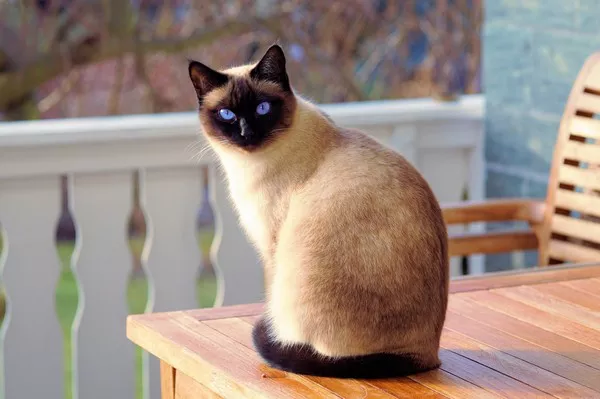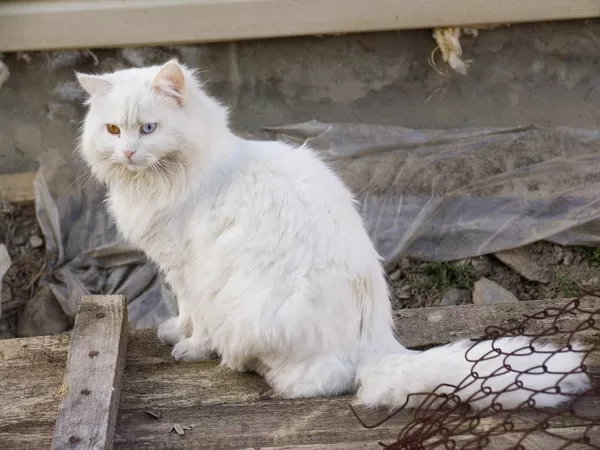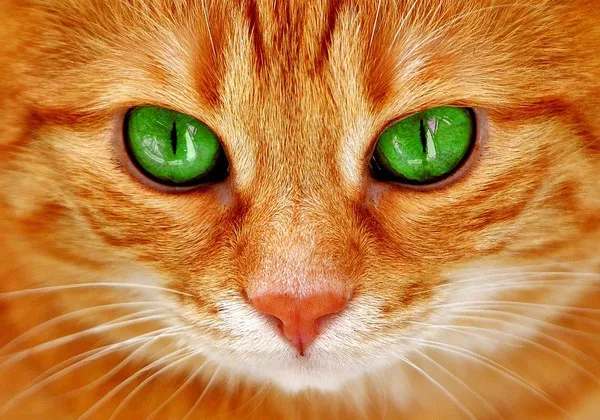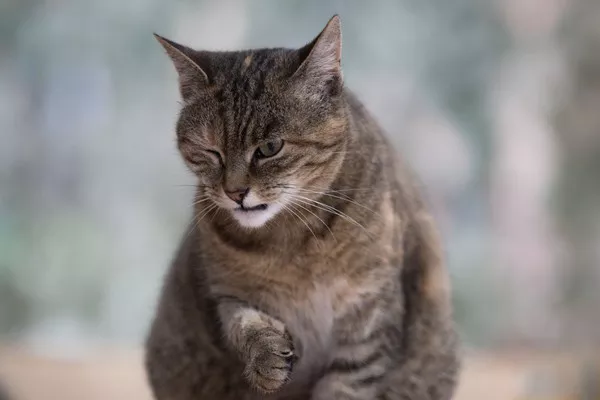Siberian cats, often referred to as the Siberian Forest Cat, are a remarkable breed known for their striking appearance, affectionate nature, and unique history. Originating from the cold, rugged landscapes of Siberia, these cats have adapted to their environment in ways that make them not only beautiful but also resilient and loving companions. This article delves into the various aspects that make Siberian cats special, including their physical characteristics, temperament, historical significance, care requirements, and their hypoallergenic qualities.
Physical Characteristics
Siberian cats are medium to large-sized felines, with males typically weighing between 15 to 20 pounds and females slightly smaller. Their robust, barrel-shaped bodies are supported by strong, sturdy legs and large, rounded paws. One of the most distinctive features of Siberians is their luxurious triple coat, which consists of three layers: guard hair, awn hair, and down hair. This unique fur structure provides excellent insulation against the harsh Siberian winters, allowing them to thrive in cold climates.
The coat of a Siberian cat is semi-long and varies in texture from coarse to soft, depending on the individual cat. It can come in a wide array of colors and patterns, including tabby, solid, tortoiseshell, and colorpoint. During the winter months, their fur becomes thicker and fluffier, while in the summer, it sheds to a shorter, lighter coat. This seasonal change not only enhances their adaptability but also adds to their charm.
Siberian cats have a modified wedge-shaped head with rounded contours, giving them a sweet and expressive appearance. Their medium to large eyes can be green, gold, or copper, and they are often described as having a gentle and intelligent gaze. The ears are moderately large and rounded at the tips, positioned close together and slightly tilted forward, which further contributes to their expressive look.
Temperament and Personality
One of the most endearing qualities of Siberian cats is their affectionate and sociable nature. They are known for being friendly, outgoing, and curious, making them excellent companions for families and individuals alike. Siberians are highly intelligent and playful, often retaining their kitten-like energy well into adulthood. They enjoy interactive play and require mental stimulation to keep them engaged.
Siberian cats are also known for their adaptability. They tend to get along well with children, other pets, and even strangers, making them ideal for a variety of households. Their gentle disposition and empathetic nature allow them to sense the emotions of their human companions, often providing comfort and companionship when needed.
Despite their friendly nature, Siberians are not overly needy; they enjoy companionship but can also entertain themselves. This balance makes them suitable for both busy families and individuals who may spend time away from home. However, they do not appreciate being left alone for long periods, as they thrive on social interaction.
See Also: Are Somali Cats Expensive?
Historical Significance
The Siberian cat has a rich history that dates back centuries. They are believed to be one of the oldest domestic cat breeds, with roots in the cold forests of Siberia. While detailed historical records are scarce, references to Siberian cats can be found in Russian folklore and literature, highlighting their significance in Russian culture.
In the 19th century, Siberians gained recognition in Europe, particularly after being featured in the first modern cat show in London in 1871. They were introduced to the United States in the 1990s and quickly gained popularity due to their striking appearance and affectionate nature. The breed was officially recognized by the Cat Fanciers’ Association in 2000, and it received championship status in 2006.
Siberian cats are often considered a national treasure in Russia, symbolizing resilience and beauty. Their presence in Russian art and literature further solidifies their cultural importance, as they have been depicted in various forms, showcasing their majestic appearance and charming personality.
Care Requirements
Caring for a Siberian cat involves understanding their unique needs, particularly regarding grooming, nutrition, and exercise. Their thick, luxurious coat requires regular grooming to prevent matting and reduce shedding. It is recommended to brush their fur at least once a week, with more frequent grooming during the spring and fall when they shed their winter coats.
Despite their long fur, Siberian cats are relatively low-maintenance when it comes to grooming. They are known to groom themselves effectively, but regular brushing helps keep their coat healthy and reduces the amount of fur that ends up around the house.
In terms of nutrition, Siberian cats require a balanced diet that meets their energy needs. High-quality cat food, whether dry or wet, should be chosen based on their age, weight, and activity level. It is essential to consult a veterinarian to determine the best dietary plan for a Siberian cat, as individual needs may vary.
Siberian cats are active and playful, requiring regular exercise to maintain their physical and mental health. Providing them with toys, climbing structures, and opportunities for interactive play is crucial. They are known for their exceptional jumping ability, so incorporating vertical spaces like cat trees can help satisfy their natural instincts.
Hypoallergenic Qualities
One of the most appealing aspects of Siberian cats is their hypoallergenic nature. Many people who suffer from cat allergies are sensitive to a protein called FelD1, which is found in cat saliva and skin. Siberians are believed to produce lower levels of this protein compared to other breeds, making them a suitable option for allergy sufferers. However, it is important to note that no cat is completely hypoallergenic, and individual reactions may vary.
Potential cat owners with allergies should spend time with Siberian cats before making a decision to ensure compatibility. Regular grooming and cleaning can also help minimize allergens in the home, making it easier for allergy sufferers to coexist with these beautiful felines.
Conclusion
Siberian cats are a unique and special breed that captivates the hearts of many with their striking appearance, affectionate personality, and rich history. Their adaptability, intelligence, and hypoallergenic qualities make them ideal companions for a wide range of households. Whether you are drawn to their majestic coats, playful nature, or gentle demeanor, Siberian cats offer a special bond that enriches the lives of their owners. As you consider welcoming a Siberian cat into your home, remember that their care involves understanding their grooming needs, providing a balanced diet, and ensuring they receive plenty of exercise and mental stimulation. With the right care and attention, a Siberian cat can be a loving and loyal companion for many years, bringing joy and warmth to your life.
Related Topics
Do Persian Cats Get Separation Anxiety?
























